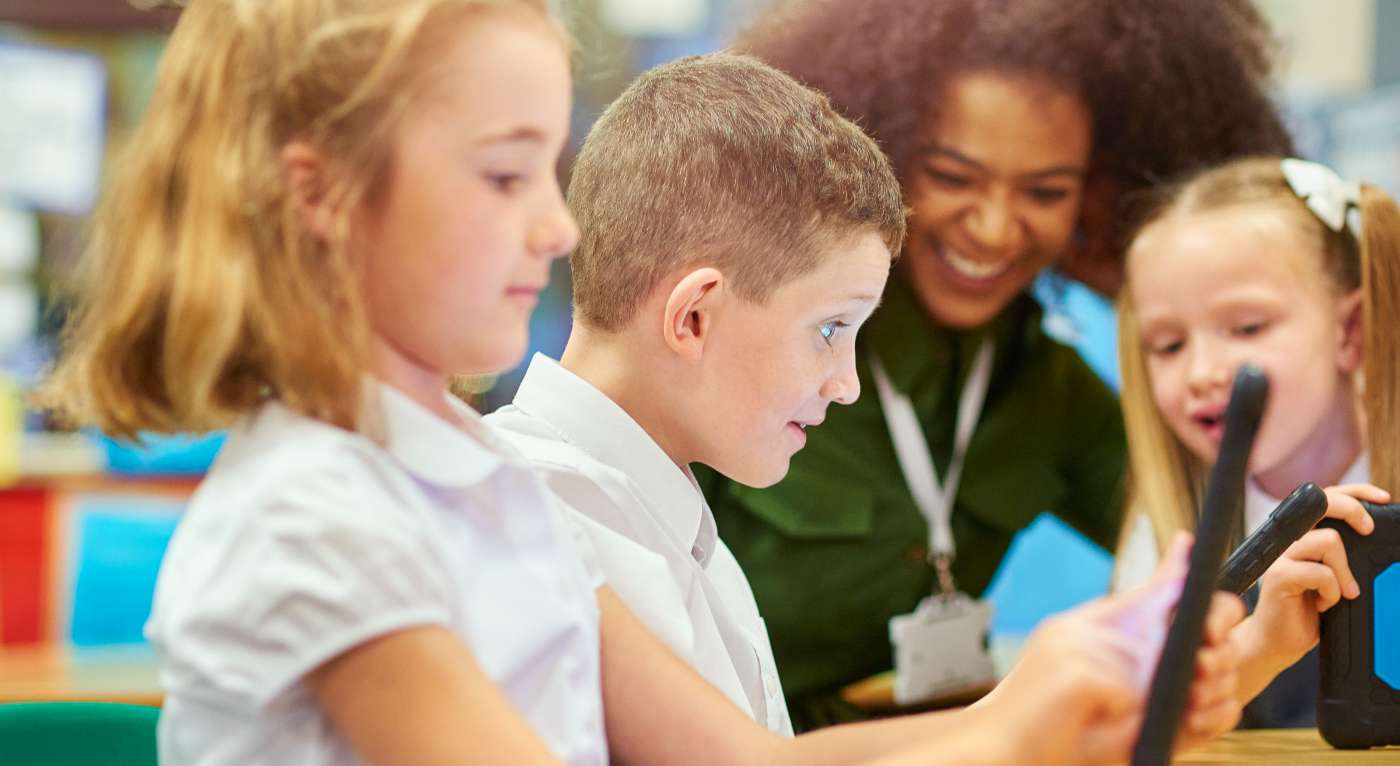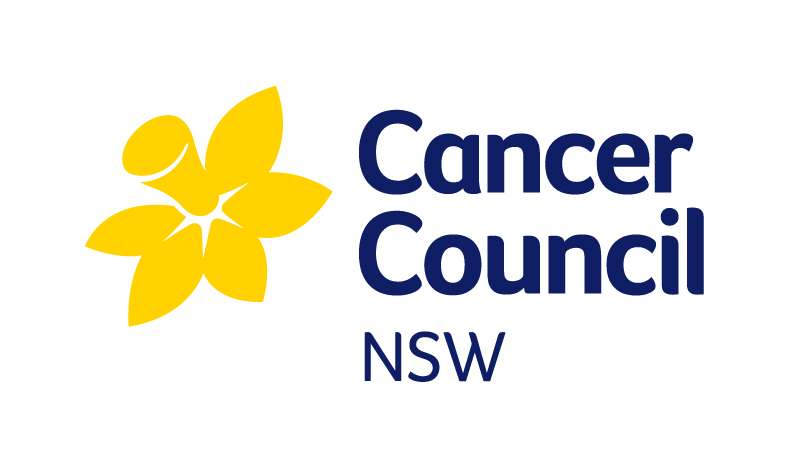What Does An Educational Psychologist Do?
Educational psychologists study children of all ages and how they learn. While investigating how children process emotional, social and cognitive stimuli, they make assessments based on the child’s reactions to stimuli. They use this analysis to identify learning, social and behavioral issues that impede children’s learning.
Recently, educational psychology has expanded beyond preschool and elementary school classrooms to assist adults in educational settings. Adults with learning disabilities have especially benefited from the work of educational psychologists.
Though educational psychologists are able to help people of all ages, they are still different from general psychologists. Educational psychology is a specialized field; general psychologists have a broad overview of the study of psychology as it pertains to the study of mental health and psychological functioning.
The Bureau of Labor Statistics reports that school psychologists earn a median annual salary of $79,510.
Career Paths For Educational Psychologists
Educational psychologists can find employment in many environments.
- Preschools
- Schools of all levels, including postsecondary institutions
- Community organizations and learning centers
- Government or private research firms
- Independent or private consultant
Typically, educational psychologists work directly with children, but always in conjunction with the child’s parents and teachers. Sometimes they work for a child indirectly through the child’s parents, teachers or another mental health professional. It’s very common for an educational psychologist to work alongside other professionals to do the best work for clients.
Individuals with experience as a teacher, graduate assistant, tutor, speech or language therapist or social worker and a degree in Psychology with concentration in Educational Psychology will have a leg up on the competition when it comes to getting a job as an educational psychologist.
Psychology is a broad field of study that looks at human behavior and mental processes in certain situations. One important branch of psychology, educational psychology, focuses on the impact educational systems have on the learning experience and how those systems can be improved for a higher-quality education. But what exactly does an educational psychologist do?
What is educational psychology?
Educational psychology is the study of behavioral, cognitive, social, and emotional processes that occur during learning and how that knowledge can be applied to improve the learning process. More simply, it’s the study of how people learn.
The modern educational system is a vast and complex network. There will never be a one-size-fits-all solution to learning because everyone learns differently. Still, educational psychology aims to create the most helpful learning environment for any given situation.
Educational psychologists need to incorporate other disciplines from the psychological field, including behavioral sciences, school psychology, and clinical psychology, among others.
What do educational psychologists do?
A wide range of career paths are open to an educational psychologist, but what exactly do they do? Here are some of the core responsibilities of educational psychologists.
Design curriculum
Educational psychologists’ deep understanding of the educational system makes them ideal curriculum designers. Curriculum designers work with schools, individual clients, and organizations to design and implement effective educational programs.
Since every program will have unique needs, educational psychologists need to dig into those programs to see what is working, what needs improvement, and what should be changed completely to create the best learning experience.
Conduct tests and assess data
Institutions with struggling test scores may consider working with an educational psychologist to assess and address the gaps in their programs. Through detailed research protocols and quantitative analysis, educational psychologists can create an overall picture of the organization’s methods to determine where their programs fall short. In addition to pointing out problem areas, these tests can also highlight success stories to build from. Educational psychologists then use their findings to suggest changes and improvements to the current methods.
Guide teachers
New educational programs with inexperienced or early career teachers can benefit from an educational psychologist’s skillset.
For educators, knowing a subject completely does not mean knowing how to teach it. Educational psychologists work with teachers to help them implement new programs and learning methods that complement the material being taught.
Educational psychologists give teachers an edge in the classroom by teaching them why certain methods are better than others. Their advice can help teachers and other school staff develop skills to support the unique needs of their students who may need additional assistance, and they can provide guidance for setting realistic targets for their students to hit.
Implement technology
Technology is so integral to the modern educational system that our educational psychology program includes it in the name: Educational Psychology and Technology.
Graduates of our Educational Psychology and Technology program learn how to evaluate the efficacy of emerging learning technologies and integrate those technologies in the classroom to improve teaching and learning outcomes.
Our Educational Psychology and Technology students work with virtual and augmented reality, game-based learning methods, and artificial intelligence in their quests to enhance the educational system.
You can learn more about the field of Educational Psychology and Technology by listening to our Ed Tech Hour podcast.
Want to become a licensed educational psychologist in California?
Your psychology education is the foundation. Explore our many psychology programs at The Chicago School’s three California campuses: Irvine, Los Angeles, and San Diego.
To learn more, fill out the form below.
School psychologists are uniquely qualified members of school teams that support students’ ability to learn and teachers’ ability to teach. They apply expertise in mental health, learning, and behavior, to help children and youth succeed academically, socially, behaviorally, and emotionally. School psychologists partner with families, teachers, school administrators, and other professionals to create safe, healthy, and supportive learning environments that strengthen connections between home, school, and the community.
What Training Do School Psychologists Receive? School psychologists receive specialized advanced graduate preparation that includes coursework and practical experiences relevant to both psychology and education. School psychologists typically complete either a specialist-level degree program (at least 60 graduate semester hours) or a doctoral degree (at least 90 graduate semester hours), both of which include a year-long 1200 hour supervised internship (see an Overview of Differences Among Degrees in School Psychology). Graduate preparation develops knowledge and skills in:
- Data collection and analysis
- Assessment
- Progress monitoring
- School-wide practices to promote learning
- Resilience and risk factors
- Consultation and collaboration
- Academic/learning interventions
- Mental health interventions
- Behavioral interventions
- Instructional support
- Prevention and intervention services
- Special education services
- Crisis preparedness, response, and recovery
- Family-school-community collaboration
- Diversity in development and learning
- Research and program evaluation
- Professional ethics, school law, and systems
School psychologists must be credentialed by the state in which they work. They also may be nationally certified by the National School Psychology Certification Board (NSPCB). The National Association of School Psychologists (NASP) sets standards for graduate preparation, credentialing, professional practice and ethics. The NASP Practice Model (2010) outlines the comprehensive services that school psychologists are encouraged to provide.
Where Do School Psychologists Work? The vast majority of school psychologists work in K-12 public schools. They also provide services in a variety of other settings, including:
- Private schools
- Preschools
- School district administration offices
- Universities
- School-based health and mental health centers
- Community-based day treatment or residential clinics and hospitals
- Juvenile justice programs
- Independent private practice
What Do School Psychologists Do? School psychologists provide direct support and interventions to students, consult with teachers, families, and other school-employed mental health professionals (i.e., school counselors, school social workers) to improve support strategies, work with school administrators to improve school-wide practices and policies, and collaborate with community providers to coordinate needed services. They help schools successfully:
Improve Academic Achievement
- Promote student motivation and engagement
- Conduct psychological and academic assessments
- Individualize instruction and interventions
- Manage student and classroom behavior
- Monitor student progress
- Collect and interpret student and classroom data
- Reduce inappropriate referrals to special education.
Promote Positive Behavior and Mental Health
- Improve students communication and social skills
- Assess student emotional and behavioral needs
- Provide individual and group counseling
- Promote problem solving, anger management and conflict resolution
- Reinforce positive coping skills and resilience
- Promote positive peer relationships and social problem solving
- Make referrals to and help coordinate community services provided in schools
Support Diverse Learners
- Assess diverse learning needs
- Provide culturally responsive services to students and families from diverse backgrounds
- Plan appropriate Individualized Education Programs for students with disabilities
- Modify and adapt curricula and instruction
- Adjust classroom facilities and routines to improve student engagement and learning
- Monitor and effectively communicate with parents about student progress
Create Safe, Positive School Climates
- Prevent bullying and other forms of violence
- Support social-emotional learning
- Assess school climate and improve school connectedness
- Implement and promote positive discipline and restorative justice
- Implement school-wide positive behavioral supports
- Identify at risk students and school vulnerabilities
- Provide crisis prevention and intervention services
Strengthen Family-School Partnerships
- Help families understand their child’s learning and mental health needs
- Assist in navigating special education processes
- Connect families with community service providers when necessary
- Help effectively engage families with teachers and other school staff
- Enhance staff understanding and responsiveness to diverse cultures and backgrounds
- Help students transition between school and community learning environments, such as residential treatment or juvenile justice programs
Improve School-Wide Assessment and Accountability Monitor individual student progress in academics and behavior
- Generate and interpret useful student and school outcome data
- Collect and analyze data on risk and protective factors related to student outcomes
- Plan services at the district, building, classroom, and individual levels
Why Do Children Need School Psychologists? All children and youth can face problems from time to time related to learning; social relationships; making difficult decisions; or managing emotions such as feeling depressed, anxious, worried, or isolated. School psychologists help students, families, educators, and members of the community understand and resolve both long-term, chronic problems and short-term issues that students may face. They are a highly skilled and ready resource in the effort to ensure that all children and youth thrive in school, at home, and in life.
How Do I Contact a School Psychologist? Every school has access to the services of a school psychologist, although some school psychologists serve two or more schools so may not be at a particular school every day. Most often, school psychologists can be reached by inquiring at the school directly, the district’s central office, or locating contact information on the school or district website.



